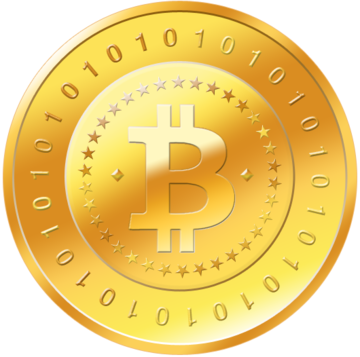Some things about Bitcoin
Bitcoin is the sign currency traded through the Open Source Cryptographic Protocol. Bitcoin transactions do not require financial institutions, regulatory bodies, or fixed houses. In 2008, Satoshi Naakamoto introduced this coin. He called this currency as peer-to-peer transaction.
Bitcoin transactions are protected by a server named Bitcoin Miner. If there is a bitcoin transaction between peer-to-peer communication systems in multiple computers or smartphones, its central server user laser updates. As soon as a transaction is completed, new bittacquines are produced. By 2140 new bits of bits will be reduced to half every four years. After 2140, 21 million Bitcoins will not be produced and no new bits will be made.
Since there is no need for a financial institution to complete the transaction of Bitcoin and the transaction's movements can not be followed in any way, Bitcoin is becoming increasingly popular in various places of the world. Besides banned goods, the use of bitcoin in drug smuggling and money-laundering has increased alarmingly. Although Bitcoin has gained popularity as a digital currency, many people criticize it due to its high degree of price fluctuations, scarcity and limited use of business against international currencies.
Bitcoin's first ATM machine was launched recently in Canada's Vancouver. It is assumed that it will move bitcoin further in order to establish it as a currency. The US and Canadian governments are considering to bring Bitcoin subscribers under the control of drug, smuggling, illegal arms trade and other illegal uses.